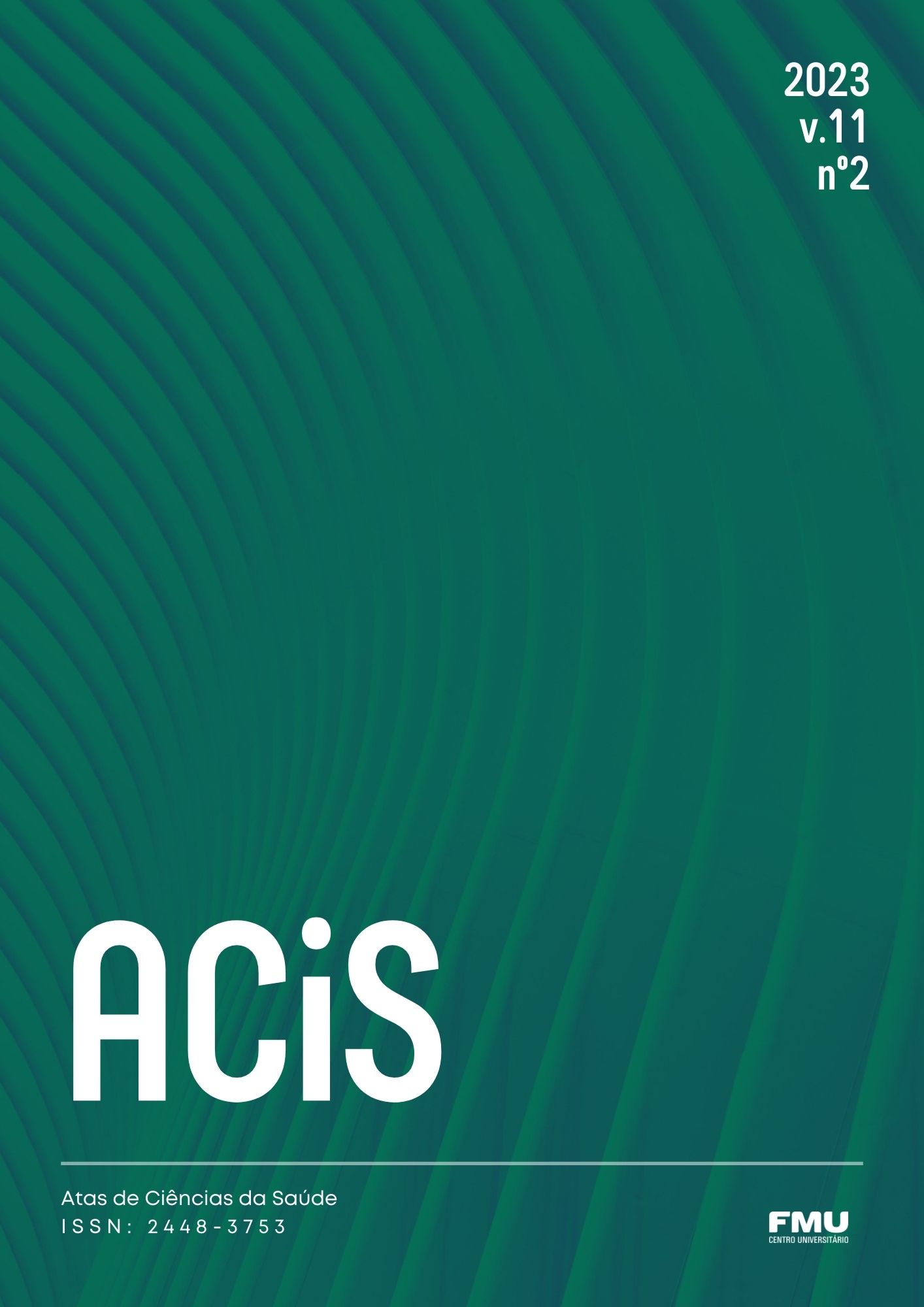SLEEP PARALYSIS: A BRIEF CONTRIBUTION OF PSYCHOANALYSIS
Abstract
Sleep Paralysis is the activity of getting into the waking process while the subject is still at the REM (rapid eye movement) stage. This study's purpose is to use psychoanalysis acquaintance so that symbolic contents from the symptoms shall bring knowledge. The composition of this production has a theoretical essay as the method. A revisitation of the social-historical scope explained how cultures around the world treated the phenomenon. Concerning the medical model, this study was based on the last theoretical productions, explaining the functionality at the biological scope. Besides that, the psychological lineage initially attempted to show the formation of the sleep mechanism postulated by Freud (1900) and posteriorly supported by a compilation of other authors in psychoanalysis, allowing a link between psychosis and sleep paralysis. The current study has concluded the perception that scientific productions in psychology, especially in psychoanalysis, have not displayed the phenomenon in its totality, bringing an unfinished work. Due to the halfway studies about psychology, this research acknowledges the need to develop further inquiries into this subject matter.
Descriptors: psychoanalysis, psychology, REM sleep.
Published
Issue
Section
License
Copyright (c) 2023 Lucas Bossert Fernandes, Terezinha A de Carvalho Amaro

This work is licensed under a Creative Commons Attribution-NonCommercial 4.0 International License.
Autores que publicam nesta revista concordam com os seguintes termos:
- Autores mantém os direitos autorais e concedem à revista o direito de primeira publicação, com o trabalho simultaneamente licenciado sob a Licença Creative Commons Attribution que permite o compartilhamento do trabalho com reconhecimento da autoria e publicação inicial nesta revista.
- Autores têm autorização para assumir contratos adicionais separadamente, para distribuição não-exclusiva da versão do trabalho publicada nesta revista (ex.: publicar em repositório institucional ou como capítulo de livro), com reconhecimento de autoria e publicação inicial nesta revista.
- Autores têm permissão e são estimulados a publicar e distribuir seu trabalho online (ex.: em repositórios institucionais ou na sua página pessoal) a qualquer ponto antes ou durante o processo editorial, já que isso pode gerar alterações produtivas, bem como aumentar o impacto e a citação do trabalho publicado (Veja O Efeito do Acesso Livre).





